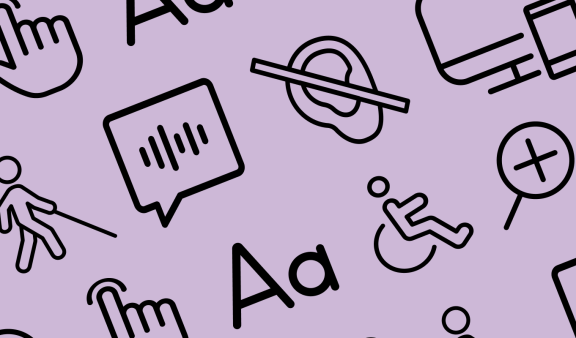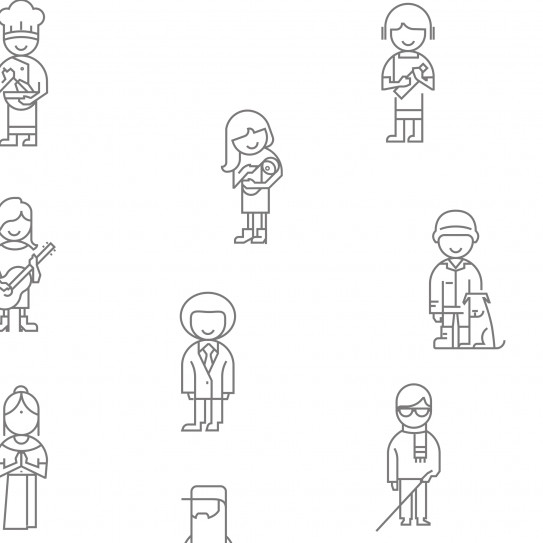
Domino’s Pizza Lawsuit Clarifies Web Accessibility Compliance
Learn how the Domino's vs. Robles lawsuit highlights the significance of web accessibility compliance and discover how established guidelines like the Web Content Accessibility Guidelines (WCAG) can help businesses ensure accessible digital experiences for all users.
The Domino's vs. Robles Lawsuit
Guillermo Robles, who is blind, attempted to order a custom pizza from Domino’s using the company’s website and mobile app. Unfortunately, the website and app were not compatible with his assistive technology. Robles utilized a screen reader, a software enabling blind or visually impaired users to access on-screen text through a speech synthesizer or braille display. Eventually, he took legal action against Domino’s, advocating for online ordering accessibility for people with disabilities.
Americans with Disabilities Act
The Americans with Disabilities Act (ADA) serves as a crucial safeguard, protecting individuals with disabilities from discrimination. Robles exemplifies a rising trend among Americans with disabilities who are leveraging this law to file lawsuits against businesses that do not provide accessible websites.
Domino’s initial hesitation in ensuring accessibility for the blind and visually impaired on their website and app stemmed from the belief that there were no established, definitive guidelines for guaranteeing accessibility on digital platforms.
Web Content Accessibility Guidelines
However, a well-defined set of guidelines does exist — the Web Content Accessibility Guidelines (WCAG). The US Department of Justice had previously mandated alleged ADA violators to meet WCAG requirements. Therefore, lawsuits like Domino's vs. Robles reaffirm that companies can achieve compliance with web accessibility laws by adhering to WCAG standards.
Conclusion
Recently, the EU has introduced its own non-discriminatory law, comparable to the US legislation. Under the European Accessibility Act (EAA), companies operating websites in the European market must ensure that their products and services are accessible. The EAA also references the WCAG guidelines for compliance.
On June 6, 2022, Domino's Pizza reached a settlement with Guillermo Robles.
ADA - The Americans with Disabilities Act (ADA) protects people with disabilities from discrimination. It covers both the physical space and the digital realm.
EAA - With the European Accessibility Act (EAA) the EU introduced legislation comparable to ADA. As of 28 June 2025, companies operating a website in the EU market must ensure that products and services are accessible.
Accessibility - Often abbreviated to A11y, in web development means enabling as many people as possible to use websites, even when those people's abilities are limited in some way.
WCAG - The Web Content Accessibility Guidelines (WCAG) address accessibility of web content on desktops, laptops, tablets, and mobile devices. A wide range of people with disabilities is considered, including accommodations for blindness and low vision, deafness and hearing loss, limited movement, speech disabilities, photosensitivity, and some accommodation for learning disabilities and cognitive limitations. Following these guidelines will also often make web content more usable to users in general.
Screen readers - Assistive technology that allows blind or visually impaired users to read the text that is displayed on the computer screen. The user sends commands by pressing different combinations of keys on the computer keyboard or braille display to instruct a speech synthesizer what to say and to speak automatically when changes occur on the computer screen. A command can instruct the synthesizer to read or spell a word, read a line or full screen of text, find a string of text on the screen, announce the location of the computer's cursor or focused item, and so on.
WEBSITE ACCESSIBILITY REVIEW
Find out what website changes need to be made to comply with the EAA. Do not wait until is too late - start your accessibility journey with an audit!!
Request Audit


